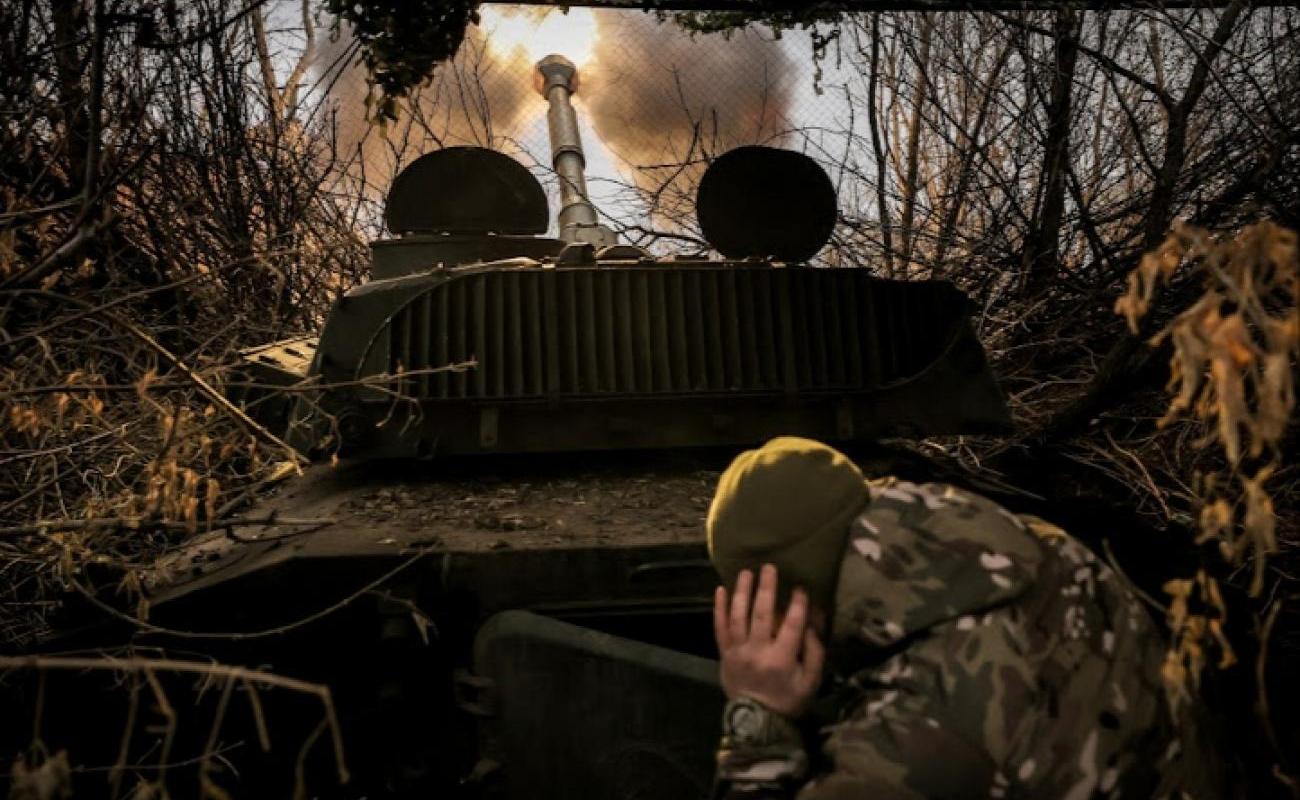More Russians denounce each other over Ukraine, in echo of Soviet era

On the last day of January, a woman took her son to see paediatrician Nadezhda Buyanova at Polyclinic No 140 in northwest Moscow. The boy, aged seven, had a problem with one of his eyes.
The conversation the boy's mother alleged took place during an 18-minute encounter at the clinic would change both women's lives and land the 68-year-old doctor in prison.
The case hinged on a denunciation — part of a rising trend of Russians informing on fellow citizens for their views on the war in Ukraine and other alleged political crimes. Critics say the wave of denunciations is helping President Vladimir Putin's government crack down on dissent.
In a video recorded as she was walking away from the clinic, the mother, Anastasia Akinshina, said she had told the doctor the boy was traumatised because his father was killed fighting for Russia in the war in Ukraine.
“Do you know what she told me? 'Well, my dear, what do you expect? Your husband was a legitimate target of Ukraine,'” Akinshina said, mimicking the doctor's voice and intonation.
Fighting back tears, Akinshina said she had raised the incident with the hospital administration and suspected they planned to hush it up.
"So the question is: where can I complain about this b**ch now, so that she'll be kicked out of the f***ing country or sent to the devil in jail?” she said in the video, which went viral on social media and thrust her into a high-profile criminal trial as the key prosecution witness.
At the trial, Buyanova denied making the comment, but despite a lack of further adult witnesses the denunciation was sufficient to destroy her 40-year medical career and her life. The doctor, who had been in pretrial detention since April, appeared before a Moscow court on Tuesday, her grey hair closely cropped. She was found guilty under a wartime censorship law of “publicly spreading deliberately false information” about the armed forces and sentenced to five-and-a-half years in a penal colony.
Buyanova was born in Ukraine but is a citizen of Russia, where she has lived and worked for three decades. Her lawyer Oscar Cherdzhiyev told Reuters the defence believed Akinshina acted out of malice because of the doctor's Ukrainian origins.
Akinshina did not respond to written questions for this story, or answer her phone.
At the trial, she stated: “We are Russian. Buyanova hates Russians. She feels hostility towards me, that's what I think,” according to a transcript by independent Russian outlet Mediazona.
Two hospital staff who saw Akinshina after the consultation with Buyanova described her in evidence as being distraught.
Olga Podolskaya is a former municipal deputy for the Tula region, south of Moscow, who by her own account earned a “pesky” reputation as an independent local politician prepared to stand up to the authorities. In the first hours after the Ukraine invasion, she added her signature to an open letter describing it as “an unprecedented atrocity” and urging citizens to speak out against it.
Four months later she was the subject of a public denunciation that asked for her finances to be investigated after she collected public donations to pay off a fine related to a protest in 2020. The denunciation was filed under the name “Olga Minenkova”, but Podolskaya said no such person was ever identified and she suspects the identity was a fake one. Reuters has seen a copy of the denunciation but could not establish who filed it.
Further accusations followed against her and her husband. Asked how she felt at the time, Podolskaya said it made her think of her great-grandfather, executed under Soviet dictator Josef Stalin in 1938 after someone informed on him.
“The time of denunciations and 'enemies of the people' had returned. I realised they were hinting I should leave the country,” said Podolskaya.
She left in April 2023. In September that year she was placed on the ministry of justice's public “foreign agent” list. To protect her security she asked Reuters not to disclose where she is based now.
Dr Andrei Prokofiev was targeted in 2023 by a prolific informer called Anna Korobkova who wrote to his employer demanding he be fired for anti-war comments he made to a foreign news outlet.
Korobkova did not reply to a request for comment.
In a letter last year to Alexandra Arkhipova, a sociologist who was the target of one of her denunciations, Korobkova said informing was “in her blood” as her grandfather had worked with Stalin's NKVD secret police. Arkhipova posted the letter on Telegram.
Korobkova said she sent 764 denunciations to government agencies in the first year of the war, focusing on Russians who speak to foreign media. She likened her work to “using submarines to destroy enemy ships”.
Reuters was unable to confirm the extent or impact of her activity.
In her final speech at the summing-up, the doctor was tearful. She asked the court to take into account her age, fragile health and decades of service.
Supporters in T-shirts printed with Buyanova's unassuming image shouted “shame” at the sentencing.
Before the verdict was read, Buyanova expressed shock at what was happening.
“I can't get my head around it,” she told reporters. “Maybe I will later.”
